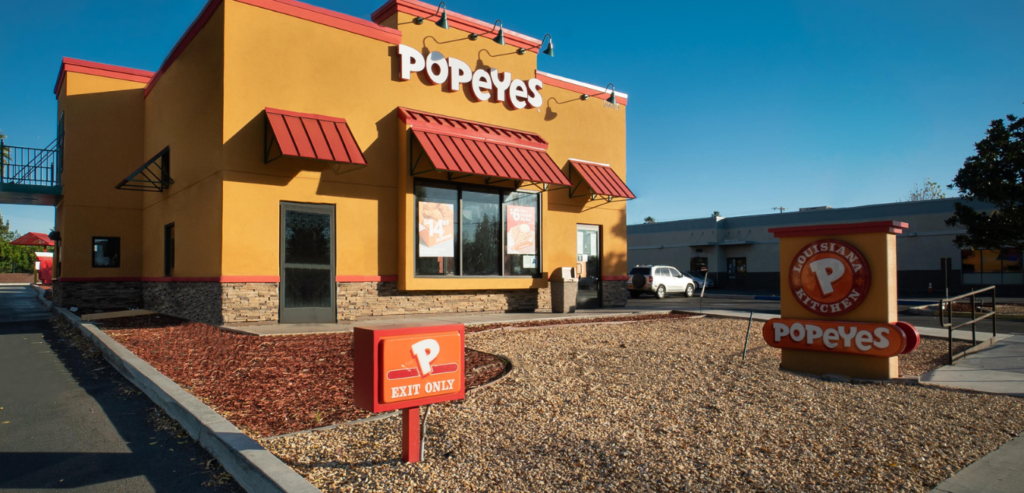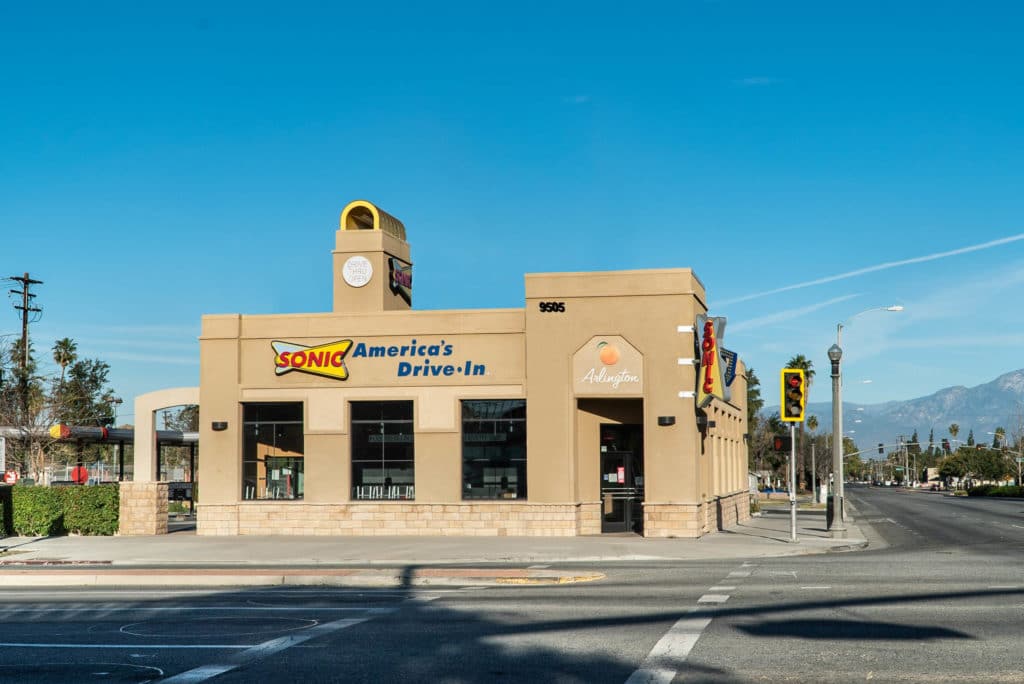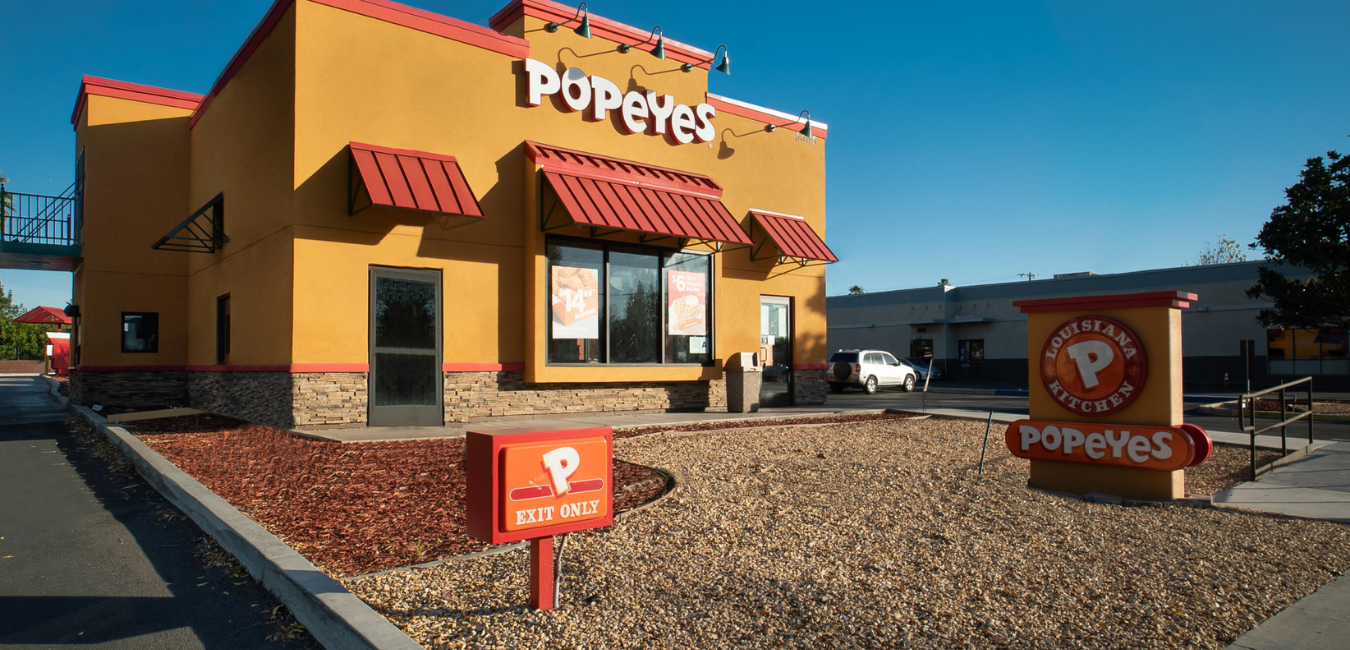
Before We Begin
1031 tax-deferred exchanges can be integral to successful real estate investing as a way to scale your portfolio and maximize the benefits to you. However, it’s necessary to fully understand how 1031 exchanges work so you can set yourself up for successful, beneficial transactions. In this article, we’ll cover the basics of how a 1031 exchange works, some of the pros and cons, and how TFS Properties can help you throughout the process.
What Is a 1031 Exchange?
Normally when you sell an investment property, you will have to pay significant capital gains taxes at the time of the sale – the exact amount depends on your income bracket but generally speaking, you will be federally taxed at about 15-20% on any capital gains. Additionally, depending on where you live, you could have your capital gains taxed as income as well or you could owe state capital gains taxes too.
But, if you execute a 1031 exchange (also called a like-kind exchange) instead of an outright sale, you can defer the capital gains taxes by reinvesting the proceeds from the sale of your investment property into a new property or group of properties worth an equal or greater value. Once you eventually sell off your investment properties, you will have to pay the capital gains taxes at that point, although you can eliminate the gains taxes forever by leaving the properties to your heirs.
There is no limit to the number of 1031 exchanges you can do, as long as you hold onto your properties for long enough to avoid triggering a ‘dealer status’ with the IRS – typically two years is the minimum. In theory, you could continue building your portfolio’s equity and value indefinitely by performing a never-ending series of deferred exchanges.
Keep in mind that you need to hire a Qualified Intermediary (QI) to facilitate each of your 1031 exchanges. The average cost to hire a QI in the United States is about $1,250. Not sure where to find an experienced QI? We at TFS Properties can help with that!
Advantages of a 1031 Exchange
Besides the obvious advantage of not having to pay capital gains taxes right away, there are six other important benefits of 1031 exchanges:
1. Opportunity To Invest In a Portfolio
To execute a 1031 exchange, the properties involved must be ‘like-kind,’ which means they are investment real estate assets of a similar nature, within the United States, and they cannot include your primary residence property. Real estate is the only market that is allowed to defer capital gains taxes with this type of exchange, following a tax rule change that eliminated all other similar exchanges.
With a 1031 exchange, you can diversify your portfolio and generate more returns over time. For instance, you could exchange a single-family home investment property in a highly appreciated market (like California at present) for multiple rental properties in a more affordable state with a less volatile market, resulting in better cash flow. You can also switch properties based on your desired level of involvement – such as exchanging a high-maintenance apartment building property that has a lot of tenant turnover and requires a hands-on approach for a single-family rental property with a long-term lease that requires minimal involvement.
2. Ability to Elect to Reset Your Depreciation
You can write off depreciation of your real estate asset to compensate for wear and tear, aging, and the eventual structural obsolescence of the property. The IRS allows 27.5 years for the depreciable period of an investment property, which means that each year of the first 27.5 years that you own an investment property, you can deduct the value of the building divided by 27.5 from your taxable income amount.
But, assessors don’t typically have information on improvements made to the properties unless there is a sale and the property is reassessed thoroughly, which means that even if you improve your property significantly, you may only get the depreciation amount based on the initial value when you bought the property.
However, with a 1031 exchange, you have the option to reset the depreciable amount of your investment property to a higher amount, which gives you a bigger tax benefit each year. Your accountant can walk you through the specifics of how this process works.
3. Exposure to New Markets
1031 exchanges allow you to capitalize on the biggest advantage of investment real estate, the diversification of risk. Since 1031 exchanges can be performed anywhere within the United States with no restrictions based on state lines, you can use an exchange to get your foot in the door in a market with high potential growth, earning you big future returns. However, keep in mind that some states require you to pay state capital gains taxes while others do not.

4. Trade Up For Higher-Value Properties
With a 1031 exchange, you can trade up for a property or multiple properties that better match your investment goals and/or that bring you higher returns, without paying the taxes on the new investment. This means that higher-value properties are more accessible for investment.
5. Greater Exit Flexibility
With a 1031 exchange, you can trade up for a property or multiple properties that better match your investment goals and/or that bring you higher returns, without paying the taxes on the new investment. This means that higher-value properties are more accessible for investment.
6. Build Equity Over Time
As we mentioned, there’s no limit to the number of 1031 exchanges you can do, which means that you can start with a modest investment and over time trade up repeatedly until you have a real estate empire!
Disadvantages of a 1031 Exchange
While the benefits of 1031 exchanges are plentiful, there are a few disadvantages to be aware of before you start exchanging all of your investment properties:
1. There is a Tight Timeline
There are a few different types of 1031 exchanges, but in the most common one, you have 45 days from the sale of your relinquished property to identify a new like-kind property or group of properties that you plan to purchase in the exchange. You have 180 days from the date of sale of your relinquished property to close the purchase of the replacement property or properties. So, if working quickly isn’t your style, a 1031 exchange might not be your best move.
2. Finding Like-Kind Properties Can Be Difficult
It can be hard to identify a like-kind property that meets your needs within the 45 day period, so it’s important to plan ahead and have backup plans in place. You don’t want to end up scrambling for a like-kind property and have to accept one that doesn’t match your goals just in order to avoid paying taxes, or in the worst case scenario, not be able to find a replacement property at all and end up paying taxes on the entire gain from selling your property.
3. You Are Taxed on ‘Boot’
You can do a 1031 exchange for a property that is worth less than the property that you are selling, but then you have to pay capital gains taxes and accumulated depreciation recaptures on the ‘boot.’ The boot is any money that is left over from the sale of your relinquished property that did not go to the purchase of the replacement property – the difference in their prices, essentially. This same concept applies to loans, so if your liability is going down in the course of the exchange, the difference will be taxed like a cash boot.
How TFS Properties Can Help With 1031 Exchanges
At TFS Properties, we can not only help you find and hire a QI, but we can also help you identify high-quality replacement investment properties for your exchange, no matter if you are looking for a few single-family home properties, a chain of high-rise apartment rental properties, or a turnkey portfolio that’s created just for you.
We're Diligent
We do all the due diligence on properties that we list and provide it upfront, so you can review all sorts of data points like inspection reports, tenant payment history, return metrics, information about the neighborhood, and so forth. We can also help set you up with our network of trusted lenders and local property managers. Many of our listed properties already have tenants in them, which means you don’t have to do the work of vetting potential tenants and you can start collecting rental income immediately after the sale closes.
Contact Us
If you find a property you like, you can just add it to your cart and it will be removed from the site so that no one else can snag it, which takes a lot of the stress out of finding replacement properties within the 45-day window. Contact us today for more information!

Primary Source: Roofstock.com




